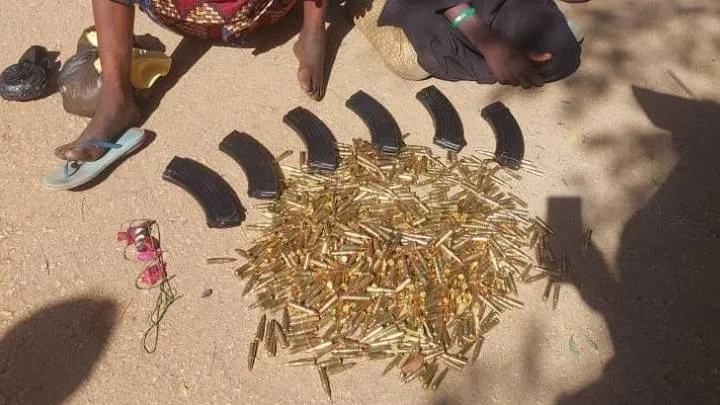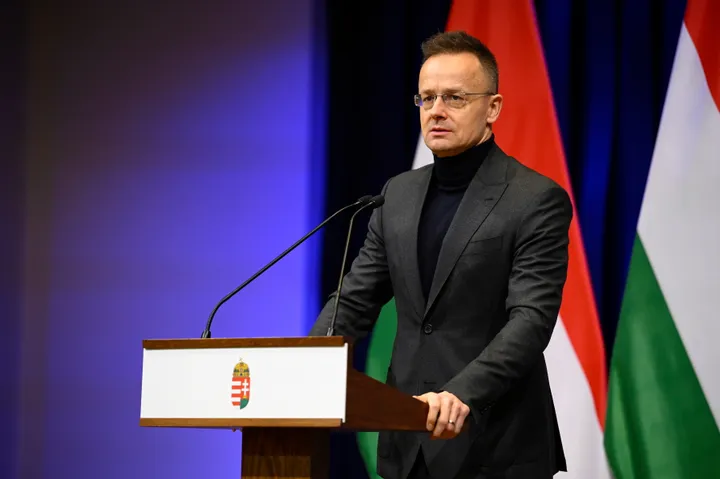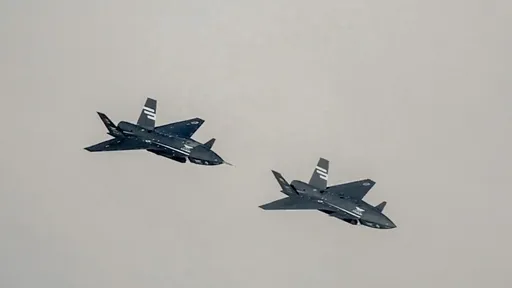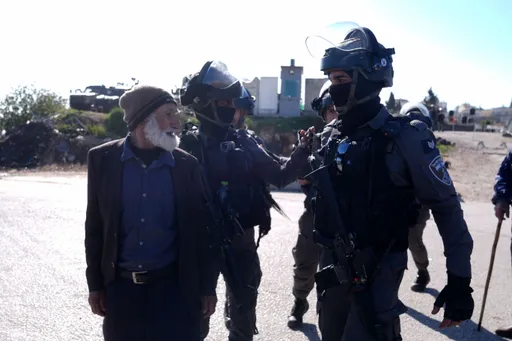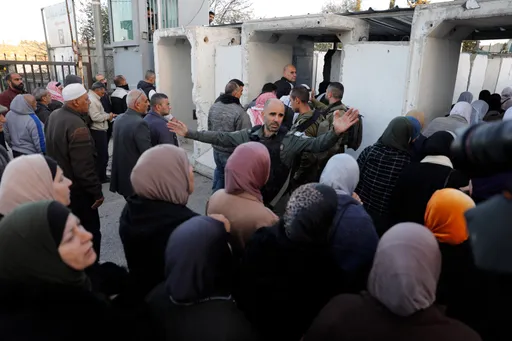Russia’s full-fledged invasion of Ukraine has brought to mind a crucial post-Cold War agreement over Ukraine’s nuclear weapons capability – which resulted in Kiev giving up its nuclear arsenal in light of the US and UK's assurances that Moscow would respect the former Soviet republic’s sovereignty.
Ukraine possessed the world’s third-largest nuclear arsenal, which consisted of at least 1,900 strategic nuclear warheads. The country had inherited that infrastructure from the former communist Soviet republic.
That capability is “more than six times the number of nuclear warheads that China currently possesses,” wrote Steven Pifer, the former US ambassador to Ukraine and a nonresident senior fellow at the Brooking Institution, an American think-tank.
If Ukraine had that strategic capability in the current conflict, it would have made a big difference and perhaps discouraged Vladimir Putin both from invading the country and from putting the Russian nuclear weapons on “high alert.”
But after the collapse of the Soviets in 1991, the US and the UK convinced Ukraine to give up its nuclear weapons in return for Russia's commitment “to respect the independence and sovereignty and the existing borders of Ukraine” under the 1994 Budapest Memorandum.
According to the deal, Moscow also pledged “to refrain from the threat or use of force” against Ukraine. However, with the current invasion of Ukraine, Russia clearly violates the 1994 nuke deal, experts say.
“Russia is in violation of the Budapest Memorandum of 1994 when it, together with the US and the UK, promised to uphold Ukraine’s sovereignty and territorial integrity if Ukraine gave up its nuclear weapons,” says Matthew Bryza, the former US ambassador to Azerbaijan, a former Soviet republic.
Back in 2014, long before the current Russian invasion, Moscow annexed the Crimean Peninsula, a Black Sea region, from Ukraine. Pro-Russian separatists also claimed parts of Donbass region in eastern Ukraine in the same year. Prior to the ongoing Russian invasion, Putin recognised the breakaway regions as independent states.
Both Russian acts are a clear violation of Ukrainian sovereignty. “Russia has broken virtually all the commitments it undertook in that document,” Pifer said, referring to the 1994 Memorandum.
Is there also a Western betrayal?
While Russia might violate the 1994 Memorandum by its annexation of Ukrainian territory, backing separatists and its latest invasion, the UK and the US have also not offered to protect Ukraine using military means. That might also constitute a violation of the 1994 Memorandum.
“There was no military commitment by the US and the UK to do so,” Bryza tells TRT World, referring to both Western nations’ obligations to defend Ukraine with regard to the Memorandum.
A military obligation of the US and the UK will only emerge under Article 5 of NATO, but it’s not the case in the current conflict because Ukraine is not a member of the transatlantic alliance, according to Bryza.
“However, I argued that the US and the UK are upholding their commitments to help uphold Ukraine’s sovereignty and territorial integrity through the political and economic support they have shown to Ukraine, especially by unprecedentedly tough sanctions on Russia,” the former diplomat adds.
During the 1994 negotiations in Budapest, “when negotiating the security assurances, US officials told their Ukrainian counterparts that, were Russia to violate them, the United States would take a strong interest and respond,” Pifer argued.
But Pifer differentiates assurances from guarantees, saying that the latter “implied a commitment of American military force.” However, it’s not clear how Ukrainians understood US assurances back in 1994 or whether they really differentiated assurances from guarantees. Some major US media outlets also appeared to believe that “Ukraine was betrayed in Budapest.”
Gregory Simons, an associate professor at the Institute for Russian and Eurasian Studies at Uppsala University, believes “the Budapest Memorandum has been violated not only by Russian actions, but also by the USA using Ukraine as a geopolitical object in its games.”
“This is a reflection of the effects of the transformation of the global order and how the sides of the conflict willingly circumvent the formal international rules and agreements,” Simons tells TRT World.
Nuclear escalations
Putin’s activation order of Russian nuclear weapons has recently escalated Ukraine tensions to a new level, reminding analysts like Simons of the 1962 Cuban Missile Crisis during which the Soviets deployed nuclear warhead weapons into the Central American state, threatening US national security. Simons thinks both sides did not learn much from the 1962 crisis.
“I think that this is a very dangerous game being played by both sides, escalation followed by counter escalation and reduced dialogue. Everything has been way too much since at least November 2021, and no sign of anyone pausing to ponder the end consequences,” the professor says.
Simons also draws attention to the fact that Putin’s logic might work differently from Westerners. “Now Putin has been put in a situation where there is nothing to lose. For him, personally and professionally, this means the calculations of costs versus benefits used by Western sanctions no longer apply logically. So it makes people highly unpredictable.”
It’s also interesting that Ukraine, a country that quit its nuclear weapons due to Western security assurances against Russia, has found itself in the middle of possible nuclear war scenarios.
Prior to the 1994 Budapest Memorandum, Ukraine possessed nuclear warheads, intercontinental ballistic missiles (ICBMs), and strategic bombers.
“The warheads atop the SS-19 and SS-24 ICBMs in Ukraine had explosive yields of 400-550 kilotons each — that is, 27 to 37 times the size of the atomic bomb that devastated Hiroshima,” wrote Pifer in his article, referring to the US attack over the Japanese city during World War II.



